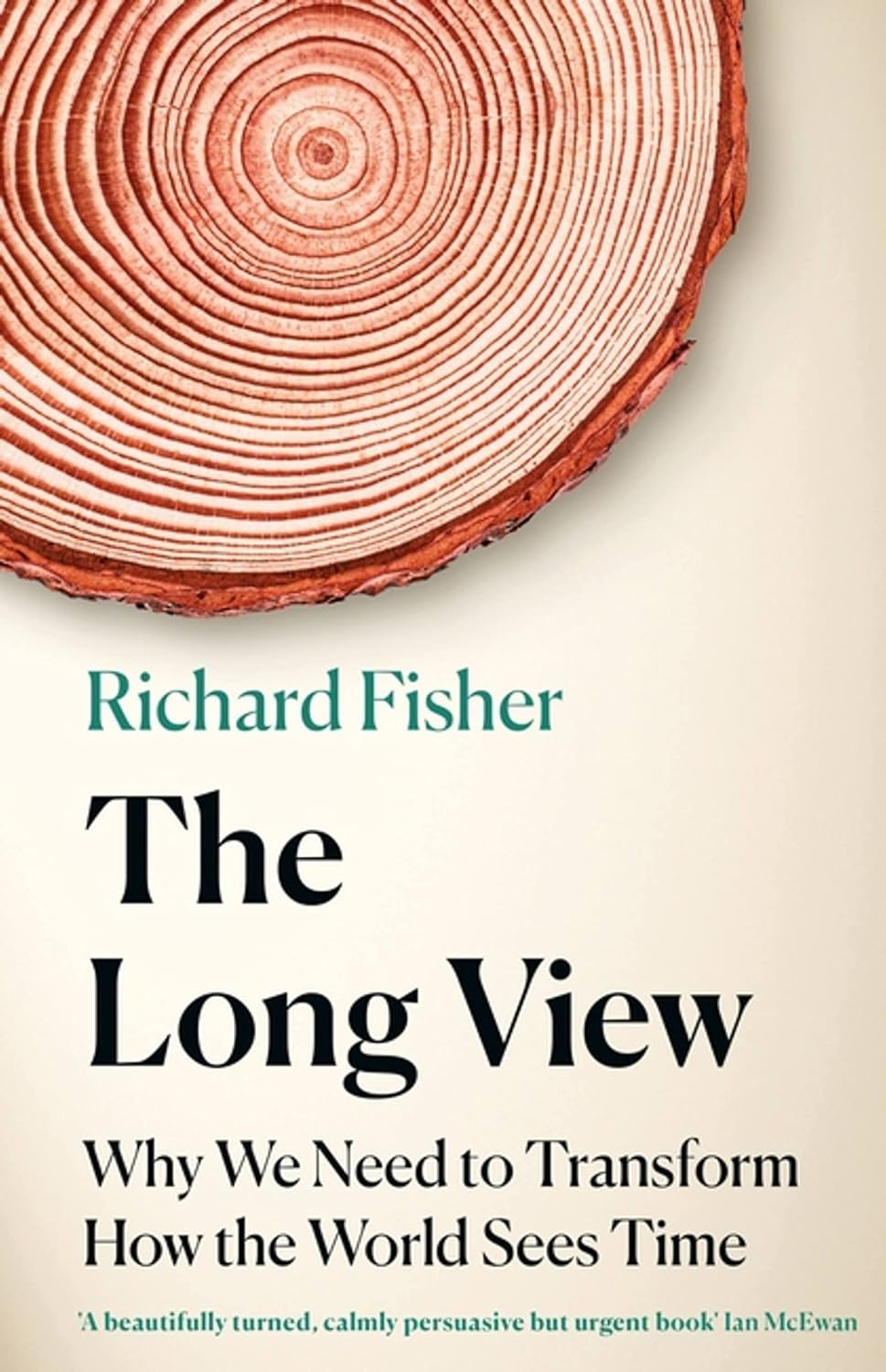Livre broché, 352 pages
Langue : English
Publié 27 mars 2023 par hachette.

Livre broché, 352 pages
Langue : English
Publié 27 mars 2023 par hachette.
Humans are unique in our ability to understand time, able to comprehend the past and future like no other species. Yet modern-day technology and capitalism have supercharged our short-termist tendencies and trapped us in the present, at the mercy of reactive politics, quarterly business targets and 24-hour news cycles.
It wasn't always so. In medieval times, craftsmen worked on cathedrals that would be unfinished in their lifetime. Indigenous leaders fostered intergenerational reciprocity. And in the early twentieth century, writers dreamed of worlds thousands of years hence. Now, as we face long-term challenges on an unprecedented scale, how do we recapture that far-sighted vision?
Richard Fisher takes us from the boardrooms of Japan - home to some of the world's oldest businesses - to an Australian laboratory where an experiment started a century ago is still going strong. He examines the psychological biases that discourage the long view, and …
Humans are unique in our ability to understand time, able to comprehend the past and future like no other species. Yet modern-day technology and capitalism have supercharged our short-termist tendencies and trapped us in the present, at the mercy of reactive politics, quarterly business targets and 24-hour news cycles.
It wasn't always so. In medieval times, craftsmen worked on cathedrals that would be unfinished in their lifetime. Indigenous leaders fostered intergenerational reciprocity. And in the early twentieth century, writers dreamed of worlds thousands of years hence. Now, as we face long-term challenges on an unprecedented scale, how do we recapture that far-sighted vision?
Richard Fisher takes us from the boardrooms of Japan - home to some of the world's oldest businesses - to an Australian laboratory where an experiment started a century ago is still going strong. He examines the psychological biases that discourage the long view, and talks to the growing number of people from the worlds of philosophy, technology, science and the arts who are exploring smart ways to overcome them. How can we learn to widen our perception of time and honour our obligations to the lives of those not yet born?